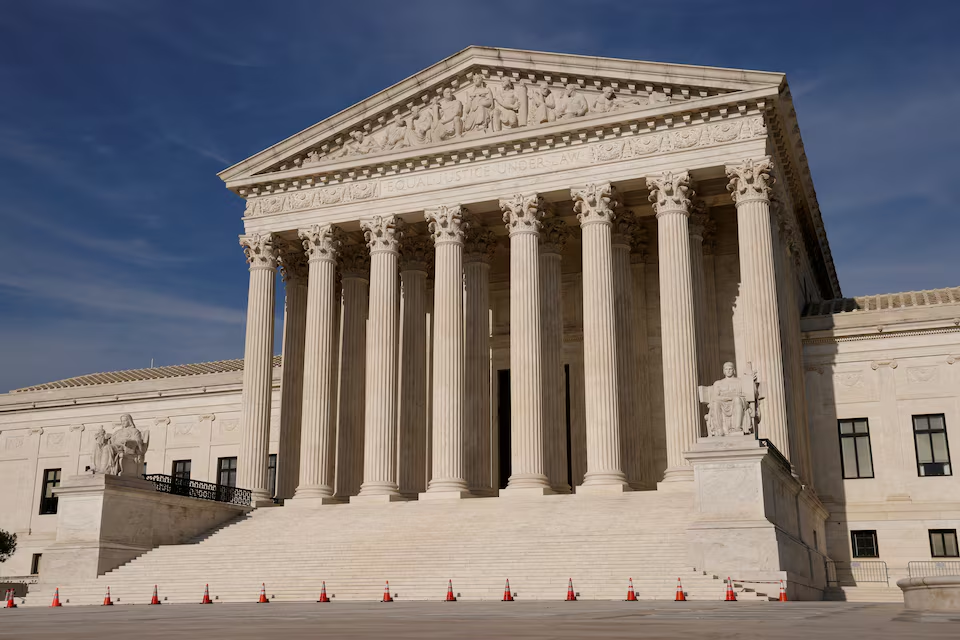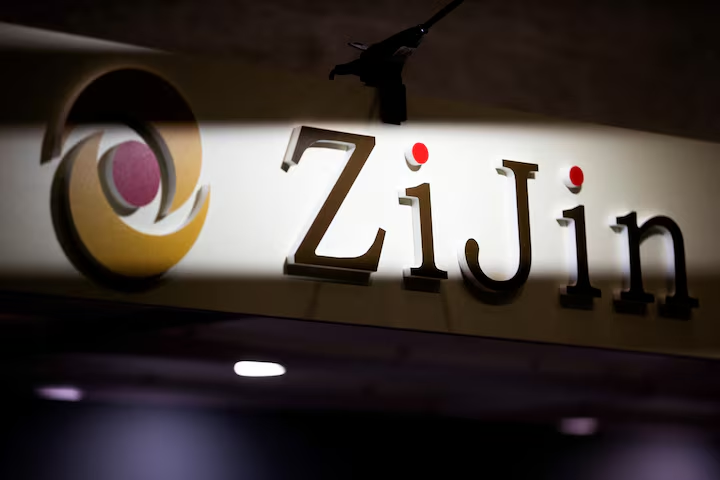The Louisiana Court of the United States recently rendered a decision on the enforceability of a DIFC-LCIA arbitration clause. The court ruled that the clause was unenforceable due to the fact that it referred to an arbitral institution that had been abolished. This decision is the first international decision made after the enactment of Decree No. 34 of 2021, which abolished the Emirates Maritime Arbitration Centre and the DIFC Arbitration Institution. The decree assigned all their obligations, rights, and resources to the Dubai International Arbitration Centre.
Pursuant to Article 6a of Decree 34, existing arbitration agreements that were signed before the Effective Date which refer disputes to the EMAC or the DIFC-LCIA are “deemed valid”. All arbitrations commenced on or after the Effective Date will be registered by the DIAC and administered directly by its administrative body. The DIAC will apply the rules of procedure of the DIAC, including the tables of fees and costs, through the DIAC’s own case management systems, unless otherwise agreed by the parties.
The Louisiana Court considered the validity of the arbitration agreement by reference to US law. The court noted that the US Federal Arbitration Act makes written arbitration agreements “valid, irrevocable, and enforceable, save upon such grounds as exist at law or in equity for the revocation of any contract”. Based on this provision, the court confirmed that the US Supreme Court had interpreted the FAA as reflecting a “liberal federal policy favoring arbitration”.
The Louisiana Court rejected the Respondent’s argument that the DIAC could be used as an alternative forum for arbitration. The court commented that “with all due respect” the Dubai government “does not have the authority to unilaterally change the arbitration forum agreed by the parties”.
The Louisiana Court’s decision is noteworthy as it considered the validity of the arbitration agreement under US law and did not consider whether to apply the law applicable to the underlying contract or the law of the seat of arbitration, DIFC law. This is perhaps because the contract involved subsidiaries of US companies and because the FAA Chapter 1 permits a court to deny enforcement on the basis of defenses found “at law or in equity for the revocation of any contract”.








